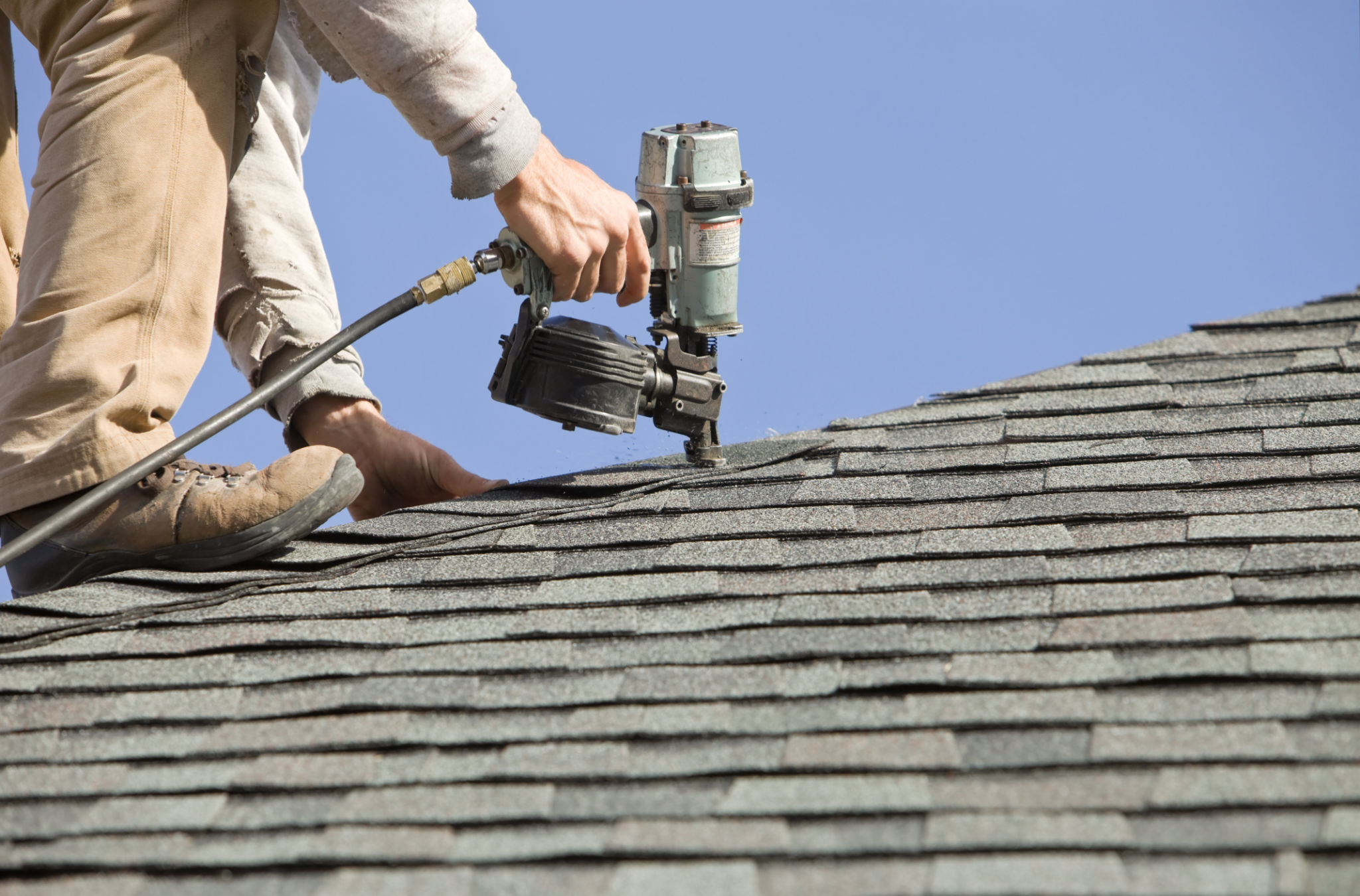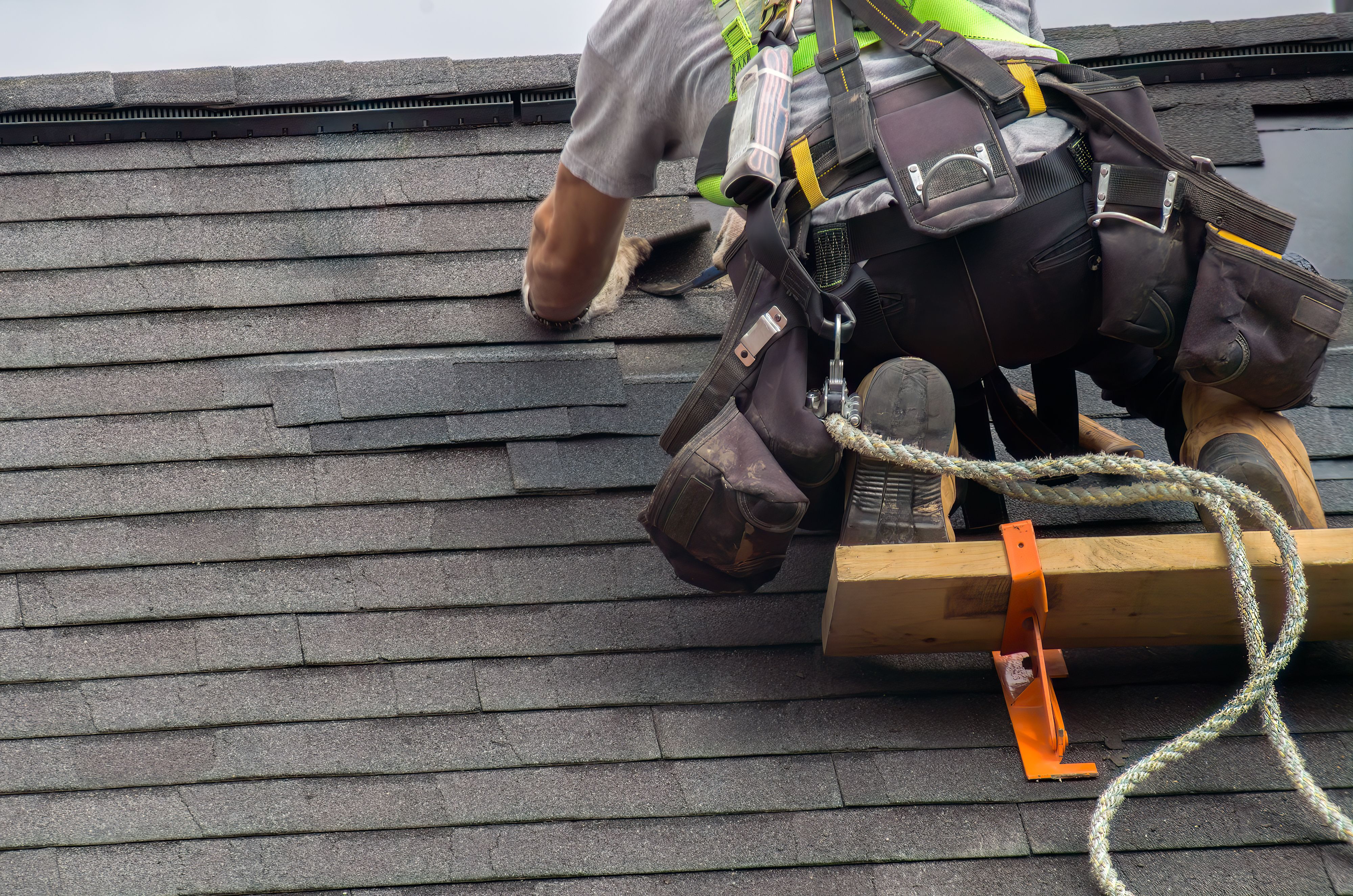Understanding Insurance and Roof Replacement: Separating Fact from Fiction

Understanding Your Insurance Policy
When it comes to roof replacement, understanding your insurance policy is crucial. Homeowners often believe that their insurance will automatically cover the costs of a new roof, but this isn't always the case. Insurance policies vary greatly, and it's essential to know what your specific policy covers before assuming any financial responsibility.
Most policies will cover damage caused by unexpected events like storms or fires. However, wear and tear due to age or neglect is typically not covered. It's important to read your policy's fine print and consult with your insurance agent to clarify any uncertainties.

Common Misconceptions About Roof Insurance
One major misconception is that insurance will cover the entire cost of a new roof. In reality, many policies only cover damages up to a certain amount, leaving homeowners to pay the difference. This is where understanding terms like deductibles and coverage limits becomes critical. Knowing these details can prevent unexpected expenses during an already stressful time.
Another myth is that filing a claim will automatically lead to a rate increase. While it's true that frequent claims can affect your premiums, a single claim for legitimate damage is unlikely to have a significant impact. Always weigh the pros and cons before deciding to file a claim.

The Claims Process Simplified
The process of filing an insurance claim for roof replacement can seem daunting, but it doesn't have to be. Here's a simplified breakdown:
- Document the Damage: Take detailed photos and notes of any damage as soon as it occurs.
- Contact Your Insurance Provider: Report the damage promptly to initiate the claims process.
- Get an Estimate: Obtain an estimate from a licensed roofing contractor.
- Schedule an Adjuster Visit: Your insurer will send an adjuster to assess the damage.
- Review the Settlement Offer: Once approved, review the settlement offer carefully before proceeding with repairs.

Choosing the Right Roofing Contractor
Once you have a green light from your insurer, the next step is to choose the right roofing contractor. Look for contractors who are licensed and have good references. A reputable contractor will provide a clear contract outlining the scope of work, materials to be used, and a timeline for completion.
Avoid contractors who ask for full payment upfront or those without verifiable credentials. Taking these precautions ensures that your roof is replaced correctly and efficiently, minimizing potential issues down the line.

Staying Proactive About Roof Maintenance
A proactive approach to roof maintenance can save you time and money in the long run. Regular inspections can identify potential issues before they become major problems. This includes checking for missing shingles, leaks, or other signs of wear.
By maintaining your roof properly, you not only extend its lifespan but also increase your chances of having any claims approved by your insurer in case of unexpected damage. Regular maintenance is an investment in your home's longevity and value.
Understanding insurance and roof replacement doesn't have to be overwhelming. By separating fact from fiction, you can make informed decisions that protect your home and wallet.
